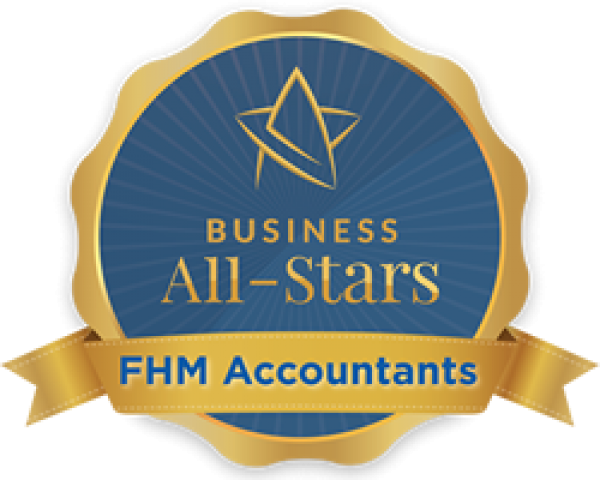Article five using a vehicle for business purposes.
Welcome to article 5 in our series of 6 articles in relation to the tax implications of using a vehicle for business purposes. Please see articles 1-4 here.
Yesterday we talked about how you could avoid the charge to BIK on a company vehicle if it met the criteria for a ‘’pooled vehicle’’. Today we will look at the tax implications of the 2 most common methods used to finance the purchase of a commercial vehicle – Lease v’s Hire Purchase.
Most business owners, when purchasing a new van / commercial vehicle, will finance the purchase and pay for it over a number of years rather than paying the full amount up front. For many, either the garage on the bank will arrange the finance and will ask the client if they would prefer Lease or Hire Purchase – but do you know the tax implications of one v’s the other?
We will use a simple example – let’s say a van retails for €24,600 – i.e. €20,000 + 23% VAT of €4,600. With a Hire Purchase agreement, you can claim back all the VAT up front on day 1 whereas with say a 36-month lease you will claim back the VAT each month over the 36 months in equal installments.
However, it’s not quite as simple as that – what about the €20,000? With a Hire Purchase agreement, you will write that off in equal annual installments over 8 years whereas with the 36-month lease you will write if off in equal monthly installments over the 36 months.
Summary: While the Hire Purchase agreement offers the cash flow advantage of being able to claim back the VAT straight away the lease will result in a full tax deduction for the full cost of the van much quicker. Which one will be best for you will depend on your circumstances and with the correct advice you can make the correct decision.
In our final article in this series tomorrow we will look at claiming tax-free mileage payments when you use a personal car for business journeys.

